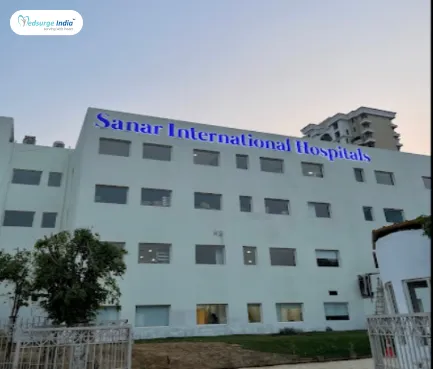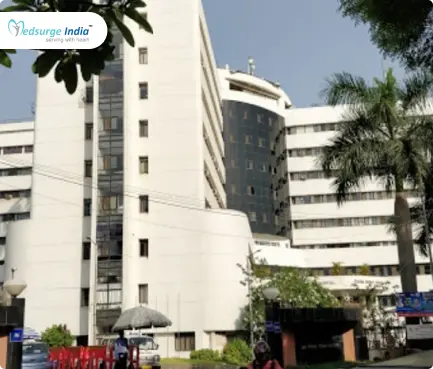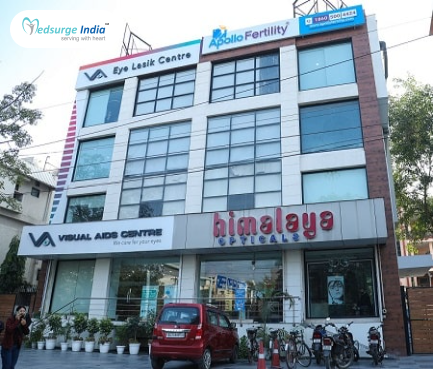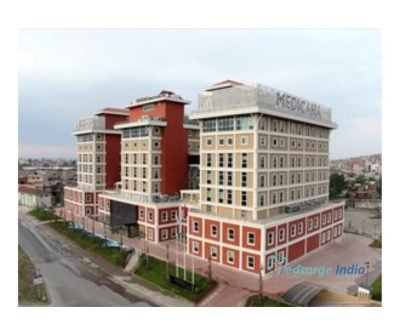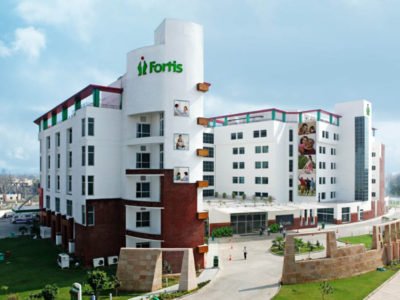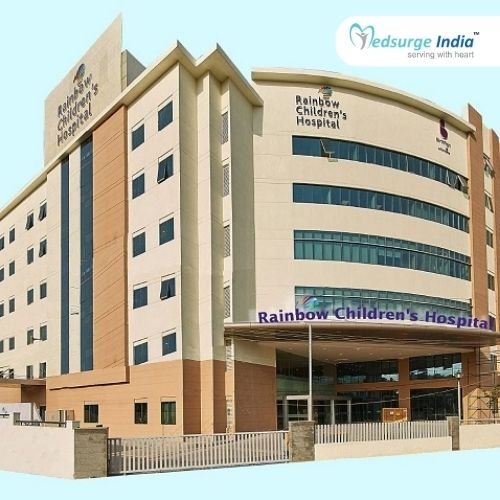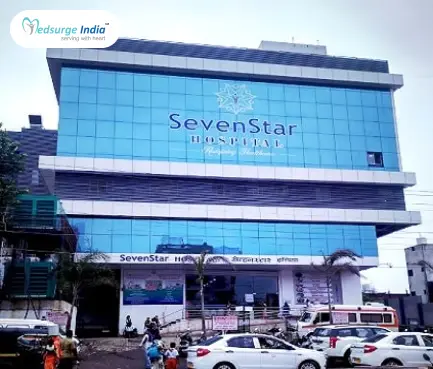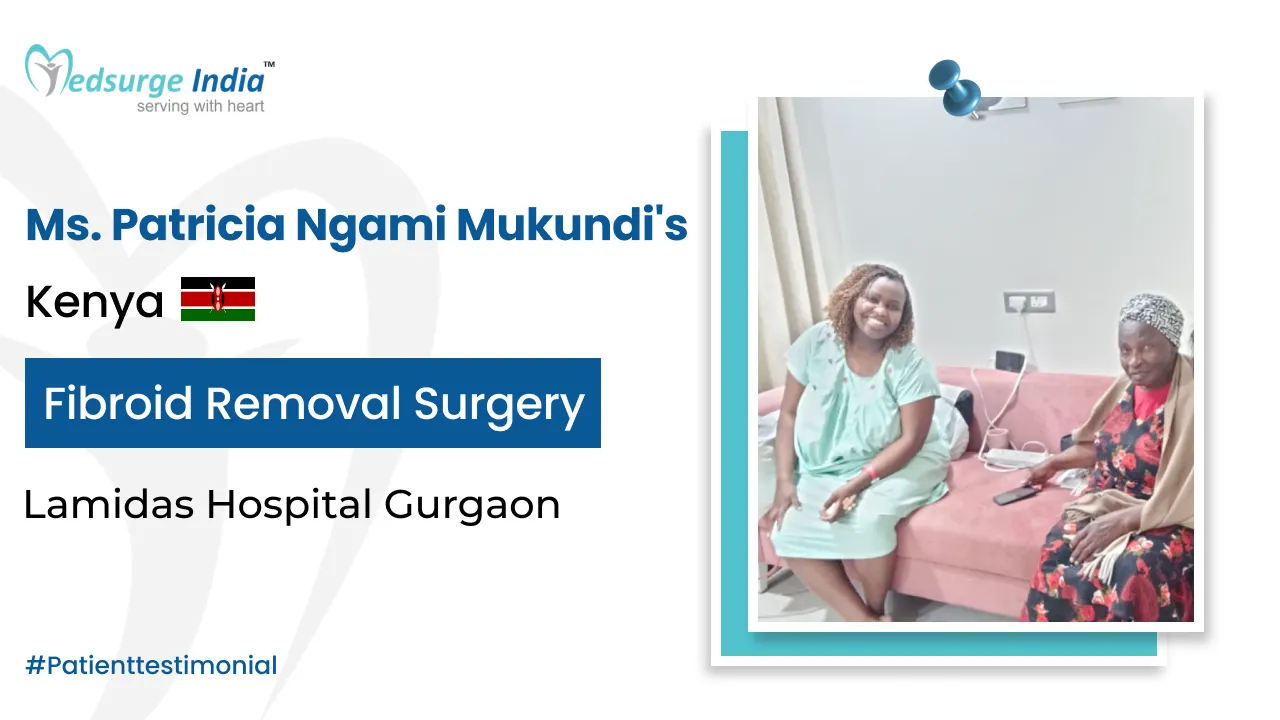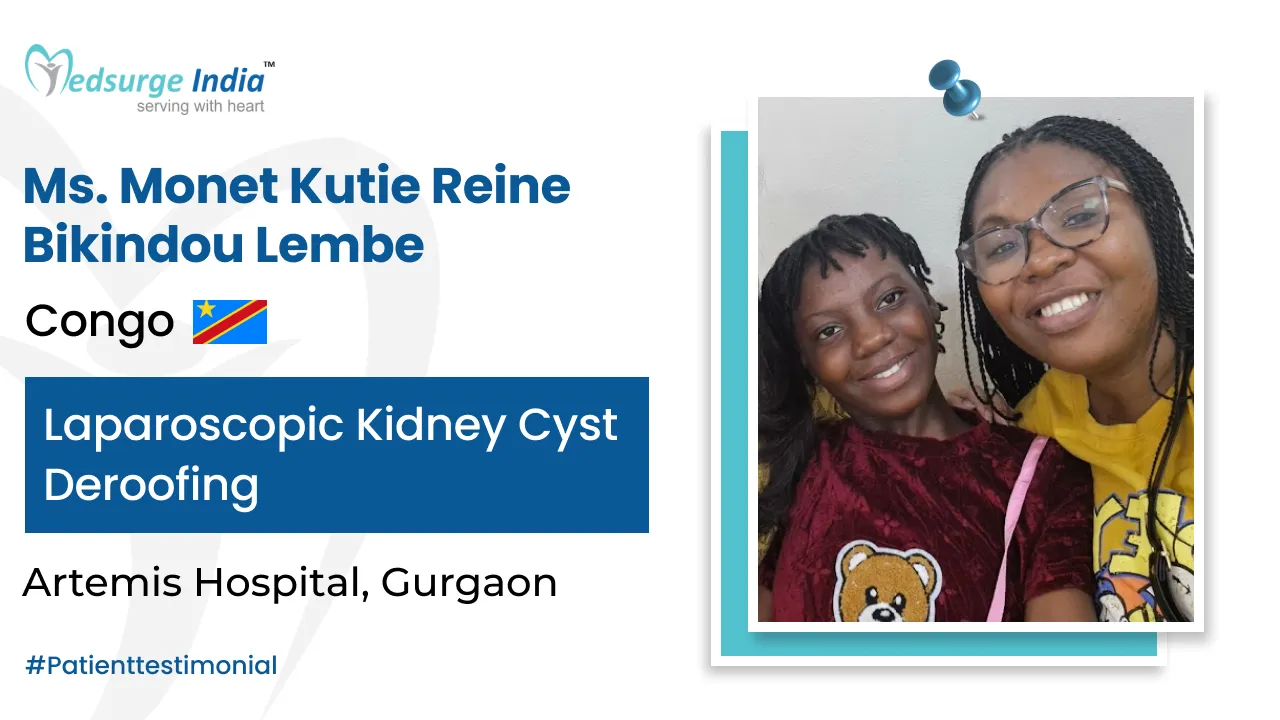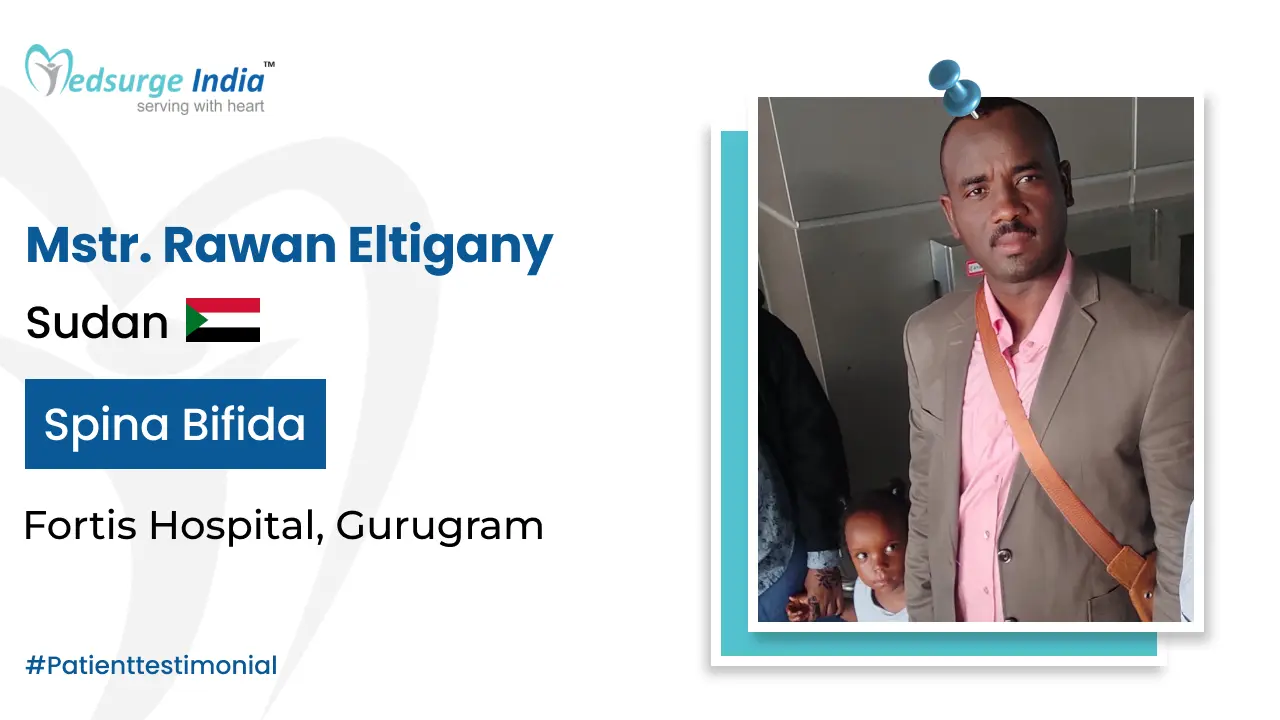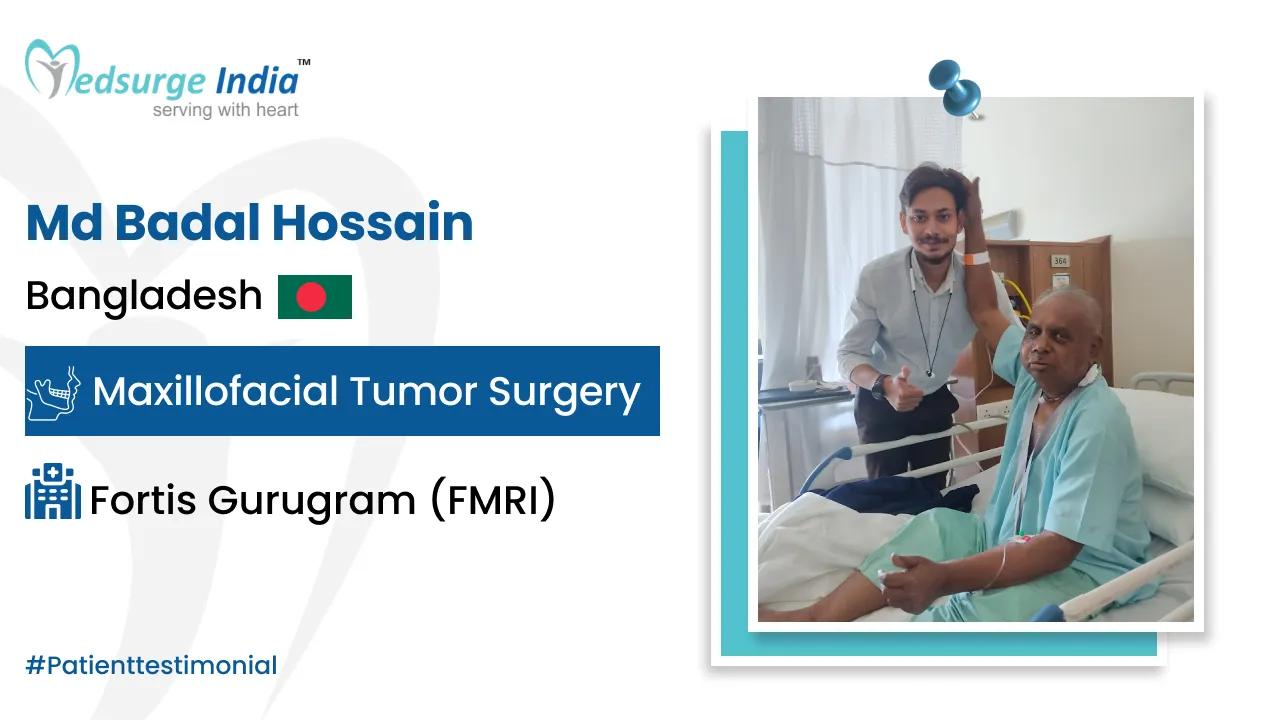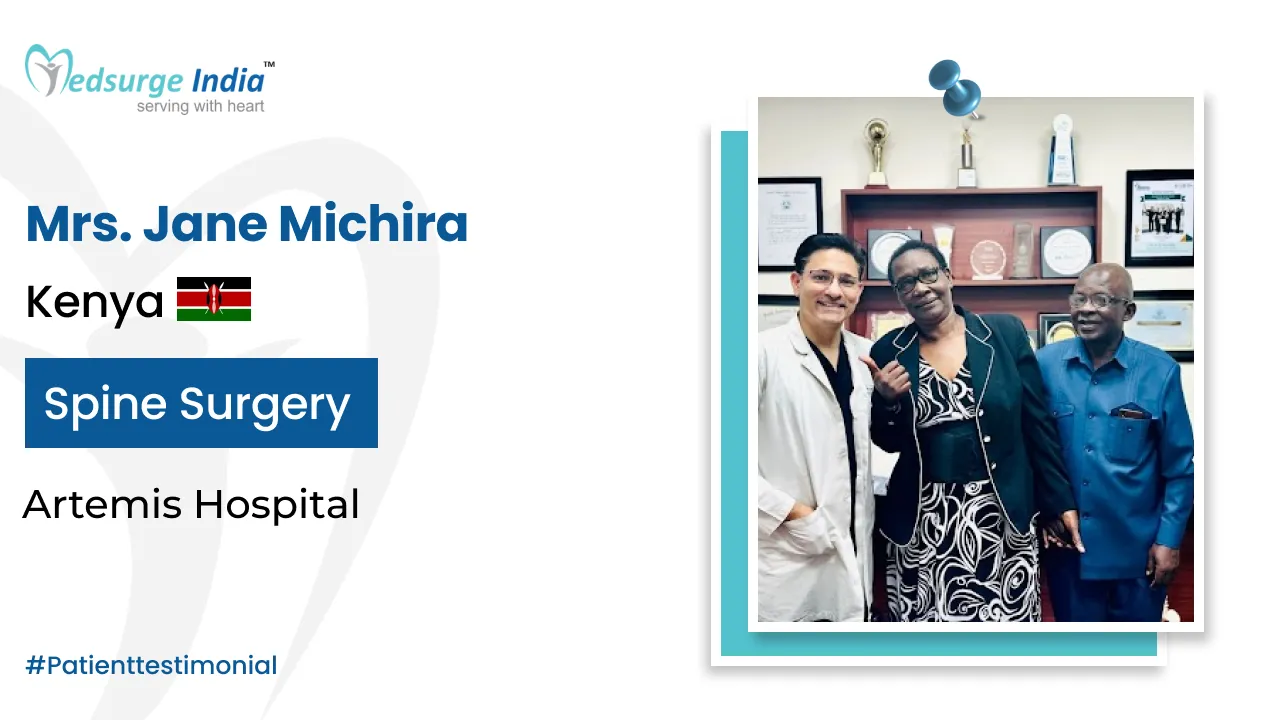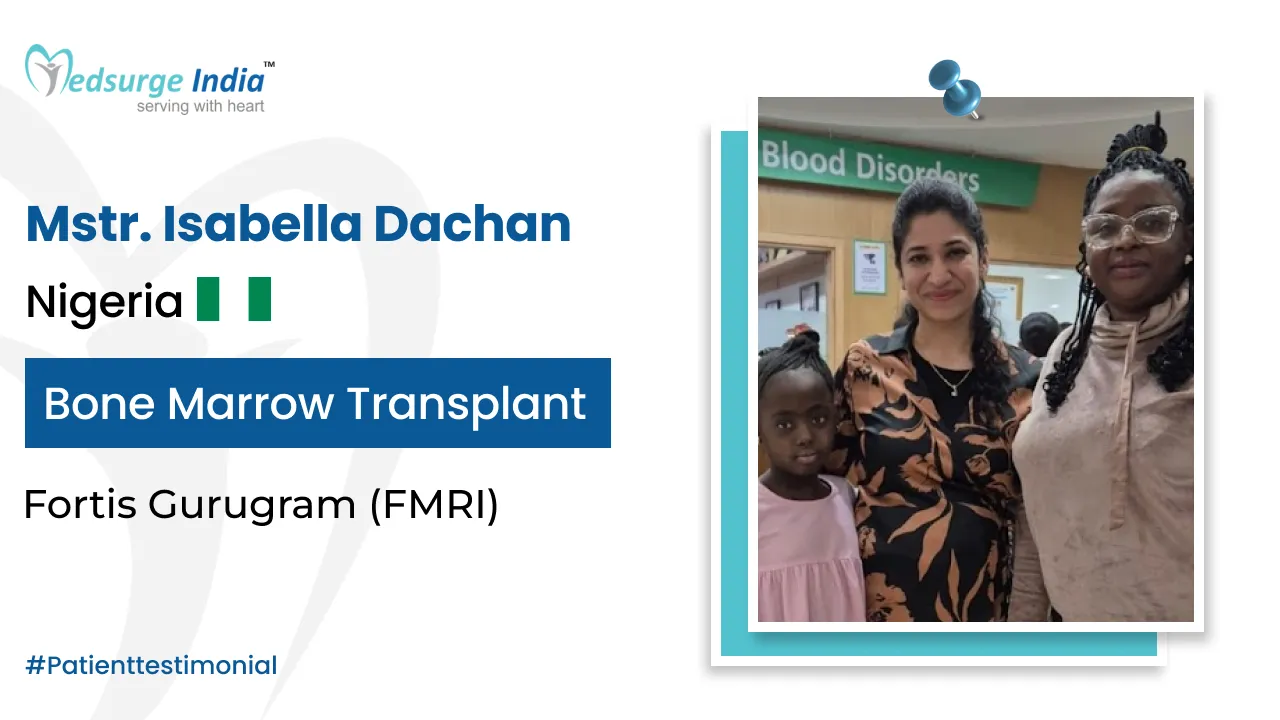
Celiac disease, also known as celiac sprue or gluten-sensitive enteropathy, is an immunological reaction to gluten, a protein present in wheat, rye, and other grains.
Gluten causes an immunological response in your small intestine if you have celiac disease. This reaction destroys the lining of your small intestine over time, preventing it from absorbing certain nutrients (malabsorption). Diarrhea, lethargy, weight loss, bloating, and anemia are common symptoms of intestinal injury, which can progress to significant consequences.
Malabsorption in children can impact growth and development in addition to creating the symptoms noticed in adults.
Celiac disease has no cure, although maintaining a gluten-free diet can help manage symptoms and promote intestinal healing in most patients.
What Is Celiac Disease?
Celiac disease affects the small intestine and is a chronic digestive and immunological problem. Gluten-containing foods cause the condition to develop. Gluten is a protein found in wheat, barley, and rye that is widely used in bread, pasta, cookies, and cakes. Gluten is found in a wide range of products, including prepared foods, lip balms and lipsticks, toothpaste, vitamin and nutrition supplements, and, in rare cases, pharmaceuticals.
Celiac disease is a dangerous condition. The condition can lead to long-term digestive issues and prevent your body from receiving all of the nutrients it requires. Celiac disease can impact the body in places other than the small intestine.
Celiac disease is not the same as gluten sensitivity or wheat intolerance. Gluten sensitivity can cause symptoms similar to celiac diseases, such as abdominal pain and exhaustion. Gluten sensitivity, unlike celiac disease, does not cause damage to the small intestine.
Celiac disease is not the same as a wheat allergy, which is a form of food allergy. Wheat causes your immune system to react in both circumstances. Wheat allergies, on the other hand, have symptoms that are distinct from celiac diseases, such as itchy eyes and breathing difficulty. Wheat allergies do not harm the small intestine in the long run.
What Are The Signs and Symptoms of Celiac Disease?
Symptoms of Celiac disease are varied, and a person may have a number of symptoms that come and go. You can have stomach issues or other symptoms if you have celiac disease. Children are more likely than adults to have digestive issues. Celiac disease can include a variety of digestive symptoms.
Celiac disease symptoms and indicators fluctuate significantly between children and adults. Adults may experience the following digestive signs and symptoms of celiac disease:
- Constipation
- Bloating
- Gastric Issues
- Chronic Diarrhea
- Vomiting and Nausea
- Lactose intolerance as a result of small intestine damage
- Feces that are loose, greasy, dense, and smell awful
- Abdominal Pain
Being unable to absorb nutrients at a time when they are critical to optimal growth and development might cause problems for children with celiac disease.
- Damage to the enamel of permanent teeth
- Puberty is postponed
- Failure to thrive refers to an infant’s or child’s weight loss or lack of growth.
- A child’s body weight is lower than expected for his or her age.
- Mood swings, irritation, or impatience
- Sluggish growth and small stature
- Losing weight
Before being diagnosed and starting treatment of celiac disease, the majority of people experience one or more symptoms. When a person switches to a gluten-free diet, their symptoms usually improve and may even disappear. If a person consumes minimal amounts of gluten, symptoms may reappear.
Some symptoms, such as low stature and dental problems, may not improve depending on how old you are when your celiac disease is diagnosed. Even if they have no symptoms, people with celiac disease can develop difficulties over time if they do not seek treatment.
Dermatitis Herpetiformis
Another typical symptom of celiac disease is dermatitis herpetiformis (DH). DH is a rash with bumps and blisters that is extremely itchy. Elbows, buttocks, and knees may be affected. About 15 to 25% of celiac disease patients have DH. The majority of people who have DH don’t have any stomach problems.
It’s necessary to keep in mind that symptoms might differ from person to person depending on a variety of factors, such as:
- The period of time a child was breast-fed as a baby
- The age at which someone began eating gluten
- The proportion of gluten consumed
- The degree to which intestinal damage has occurred
What Are the Causes of Celiac Diseases
Causes of Celiac disease are your genes, gluten-containing foods, and other factors, but the exact reason is unknown. Practices in infant feeding, gastrointestinal diseases, and gut flora may all play a role. After surgery, pregnancy, childbirth, viral infection, or extreme mental stress, the celiac disease might become active.
The microscopic, hairlike projections (villi) that line the small intestine are damaged when the body’s immune system overreacts to gluten in the diet. Vitamins, minerals, and other nutrients are absorbed by villi from the food individual ingest. A person can’t acquire enough nutrients if his/her villi are damaged, no matter how much a person consumed
Risk Factors
People with the following conditions are more likely to develop celiac disease:
- Celiac disease or dermatitis herpetiformis in a family member
- Diabetes Type 1
- Turner syndrome or Down syndrome
- Autoimmune disease
- Colitis on a microscopic scale (lymphocytic or collagenous colitis)
- Addison’s disease is a condition that affects the adrenal glands.
Celiac Disease Treatment Cost In India
The average Celiac Disease Treatment Cost in India starts from USD 4500. The price for the treatment will vary, here is an estimate of the prices:
| Average Cost | USD 5,000 |
| Minimum Cost | USD 4,500 |
| Maximum Cost | USD 12,000 |
Celiac Disease Treatment Cost in Different Parts of India
| Cities | Starting Price |
| Delhi | USD 4500 |
| Gurgaon | USD 4500 |
| Noida | USD 4500 |
| Mumbai | USD 5000 |
| Hyderabad | USD 4500 |
| Chennai | USD 4500 |
| Kolkata | USD 4500 |
| Bangalore | USD 5000 |
Please keep in mind that prices of Celiac Disease Treatment Cost in India will vary depending on the various factors.
Factors That Can Affect Celiac Disease Treatment Cost in India
The following here are some variables that can affect Celiac Disease Treatment Cost in India:
- Medication costs.
- Duration of treatment.
- Geographical location.
- Hospitalization expenses.
- Government policies and subsidies.
- Medical tourism packages.
- Hospital reputation and infrastructure.
- The expertise and experience of medical professionals.
- The type and frequency of diagnostic procedures.
- The choice of treatment modality.
The standard and excellence of medical treatment and amenities are comparable to those of the most prominent healthcare facilities in the world, even after deducting the cost of lodging, meals, and transportation. Under the direction of the most skilled physicians, Medsurge India provides the lowest Celiac Disease Treatment Cost in India for patients.
How Celiac Disease is Diagnosed?
A physical examination and a medical history are used to make a diagnosis of celiac disease.
Various tests will also be performed by doctors to help confirm a diagnosis. Antiendomysium (EMA) and anti-tissue transglutaminase (tTGA) antibodies are frequently seen in celiac disease patients. Blood tests can be used to detect these. When tests are performed when gluten is still present in the diet, the results are the most accurate.
- Common Blood Tests includes:
- (CBC) Complete Blood Count
- Liver Function Tests
- Serum Albumin Test
- Cholesterol Tests
A skin biopsy can also help doctors diagnose celiac disease in persons with DH. A skin biopsy involves the removal of small fragments of skin tissue for examination under a microscope. An internal biopsy may not be necessary if the skin biopsy and blood test results reveal celiac disease.
An upper endoscopy can be performed to test for celiac disease if the findings of a blood test or a skin biopsy are inconclusive. A narrow tube called an endoscope is put through the mouth and down into the small intestines during an upper endoscopy. The doctor can examine the intestines and check for damage to the villi using a small camera linked to the endoscope. An intestinal biopsy, which involves the removal of a tissue sample from the intestines for analysis, can also be performed by the doctor.
Get Free Cost Estimation
Procedure
Celiac Disease Treatment in India
For Celiac Disease Treatment in India your doctor will first evaluate your diagnosis according to the report and test done for the treatment. After the thorough evaluation your treatment will proceed. Celiac disease is done:
- When celiac disease patients follow a gluten-free diet, their symptoms improve dramatically. A gluten-free diet will heal and prevent damage to the small intestine in the vast majority of people. Many people notice a difference in their symptoms within days or weeks of following the diet.
- Your doctor will go over the gluten-free diet with you and may send you to a certified dietitian who specializes in celiac disease treatment. The nutritionist will show you how to avoid gluten while eating a nutritious diet and will suggest gluten-free alternatives. He or she will be of assistance to you.
- Your doctor will advise you to avoid all hidden sources of gluten in addition to following a gluten-free diet. Ask a pharmacist about components in products if you have celiac disease:
- Nutritional and herbal supplements
- Medicines, both prescription and over-the-counter
- Supplements with vitamins and minerals
Treatment For Symptoms or Complications
Dermatitis herpetiformis may not go away for 6 to 2 years after a gluten-free diet has been followed. Doctors may give a medication like dapsone to assist treat dermatitis herpetiformis until the rash is controlled by a gluten-free diet alone.
Damage to the small intestine from untreated celiac disease can result in malabsorption and malnutrition. When you are diagnosed with celiac disease, your doctor may run tests to see if you are deficient in specific vitamins and minerals, and if you are, your doctor may recommend or prescribe supplements. Before utilizing dietary supplements, such as vitamins, or other supplementary or alternative drugs or medical practices, consult your doctor for safety concerns.
If you are at risk for specific consequences after being diagnosed with celiac disease, your doctor may recommend extra tests. To check for osteoporosis, health professionals may prescribe a bone mineral density test.
Conclusion
Regular follow-up visits with your doctor may be recommended to ensure that symptoms and health concerns associated with celiac disease are improving on a gluten-free diet. Blood tests to assess levels of specific antibodies, which are greater in untreated celiac disease but usually return to normal following therapy, may be part of the follow-up. Additional biopsies may be recommended in rare cases to determine whether the small intestine has healed.
The Most Important Frequently Asked Questions
Q: Can You Reverse Damage from Celiac Disease?
A: The small intestine is damaged by celiac disease. The body’s ability to absorb vitamins and other nutrients is hampered as a result. Celiac disease cannot be prevented. A stringent gluten-free diet, on the other hand, can arrest and reverse damage to the small intestine.
Q: Can You Drink Milk with Celiac?
A: If you have celiac disease, you can eat the foods listed below, which are naturally gluten-free: Cheese, butter, and milk are among the most common dairy products. veggies and fruits meat and seafood (although not breaded or battered).
Q: What Tests Confirm Celiac Disease?
A: It can be diagnosed using two blood tests: Antibodies are found in your blood during serology testing. Increased levels of particular antibody proteins indicate a gluten-induced immunological response. Celiac disease can be ruled out through genetic testing for human leukocyte antigens (HLA-DQ2 and HLA-DQ8).
Q: Are Eggs Gluten-Free?
A: Eggs are gluten-free in their original state, in the shell, as are most further processed egg products, such as liquid whole eggs, egg yolks, and egg whites.
Q: Is Honey Gluten-Free?
A: Honey is gluten-free by nature. Nonetheless, gluten-containing components may be included in some specialty flavoured honeys or honey-based products. If honey is produced in a facility that also processes gluten-containing meals, it may get cross-contaminated with gluten.
Top Hospitals for Celiac Disease Treatment In India
Top Doctors for General Surgery
Dr. Prof. Madhubala Gaur
Consultant
Experience: 20
Manipal Hospital Formerly Columbia Asia Ghaziabad
Dr. Senthur Nambi
Consultant
Experience: 18 years of experience
Apollo Specialty Hospital, OMR
Chennai, India
Dr. Surinder Chugh
Consultant
Experience: 20 years of experience
Batra Hospital & Medical Research Centre, New Delhi
New Delhi, India
Dr. Gaurav Kumar
Experience: 7+ years of experience
Narayana Multispeciality Hospital, Andul Road, Howrah
Howrah, India
Dr. Shashank Shukla
Senior Consultant
Experience: 15+ years of experience
Narayana Multispeciality Hospital, Andul Road, Howrah
Howrah, India
Dr. Jignesh Ashwinbhai Gandhi
Consultant
Experience: 20 years of experience
Fortis Hiranandani Hospital, Vashi
Mumbai, India
Dr. Debarchan Ghosh
Consultant
Experience: 14 years of experience
Ruby General Hospital, Kolkata
Kolkata, India
Dr. Rabinder Boaz
Consultant
Experience: 32 years of experience
Apollo Spectra Hospital, Chennai
Chennai, India
Dr. Udipta Ray
Senior Consultant
Experience: 10 years of experience
Medica Superspecialty Hospital
Kolkata, India
Dr. Praveen Garg
Consultant
Experience: 34 years of experience
Indraprastha Apollo Hospital New Delhi
New Delhi, India
Dr. Naresh Babu
Consultant
Experience: 18 years of experience
Apollo Speciality Hospital, Jayanagar
Bangalore, India
Dr. K.N. Srivastava
HOD
Experience: 43+ years of experience
BLK Super Speciality Hospital, New Delhi
New Delhi, India
Dr. Vijay Kumar Ramchand Wadhwa
Consultant
Experience: 35 years of experience
Fortis Lafemme, Richmond Town, Bangalore
Bangalore, India


